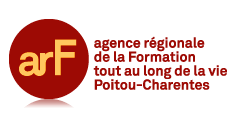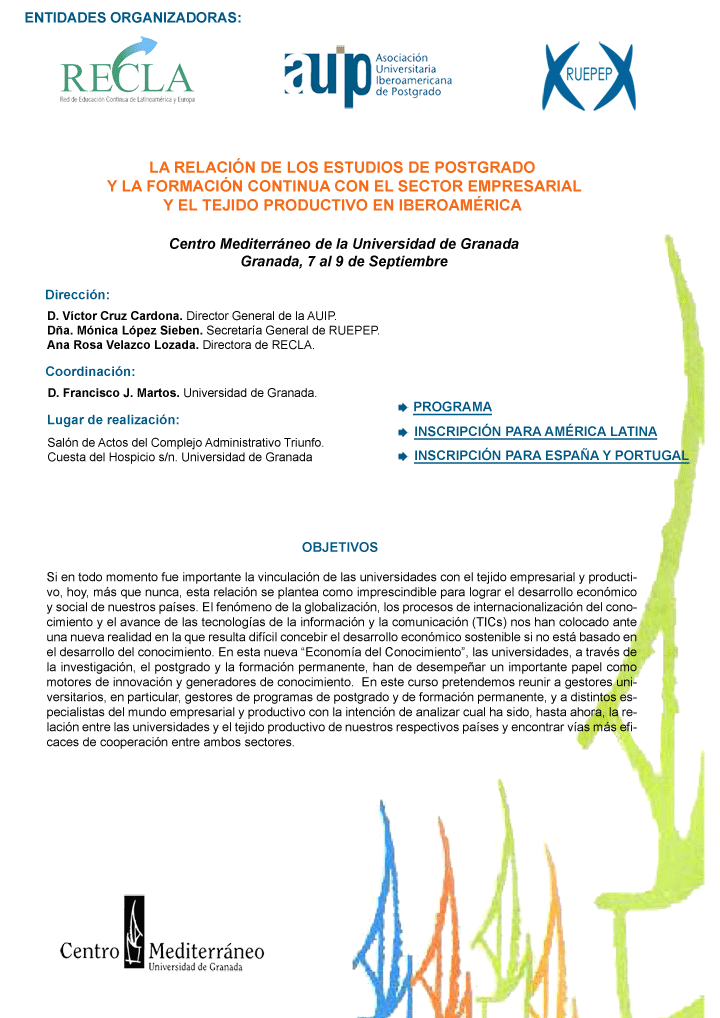 Defining Lifelong Learning
Defining Lifelong Learning In the first chapter of ”Organising Lifelong Learning” the European policy framework for lifelong learning and the the university responses to this development have been outlined (see ”Organising Lifelong Learning p. 5-13 ).
When we look at the concept of lifelong learning as it has evolved over the last decade differences in focus between the socio-economic approach and the higher education approach become obvious. From a socio-economic point of view lifelong learning serves the function of upgrading the manual unskilled labour for more knowledge intensive jobs for the benefit of themselves as well as for society as a whole. To a large extent this involves education at secondary level – pre-BA level – delivered by other institutions than universities.
From a higher education point of view the obligation to become involved in lifelong learning is basically the same, but it is reformulated as a need for widening access to university education. Some open universities are able to respond directly to these needs by recruiting students directly into their programmes due to their policy of openness – e.g. some dedicated open universities like Open University, UK and Open Universiteit, The Netherlands. Most recently, we can point to the development of Open Educational Resources, which is an initiative aiming in the same direction.
For most universities openness is not an option due to national regulations requiring the same entrance qualification to university education for all students – independently of age, gender and work experience. This is the case for mixed-mode universities, but also for some distance teaching universities such as Fernuniversität, Germany.
At the same time it is interesting to note that the latest report from the Commission “Europe 2020. A European strategy for smart, sustainable and inclusive growth” claims, “lifelong learning benefits mostly the more educated” (p.16). Undoubtedly, this is a major problem for society, but the solution is hardly to cut back on lifelong learning offered by universities. The upgrading of unskilled labour and widening access to higher education should supplement each other. Both processes are needed in order to turn Europe into a knowledge society.
The USBM project analyses experiences and cases of best practice of delivering lifelong learning at university level by open universities and mixed-mode universities. The main target group for these institutions is the age group 25+ attached to the labour market and often with an initial education (see “Showcases of University Strategies and Business Models for Lifelong Learning”). Consequently the considerations in this report - “Organising Lifelong Learning” - on implementing university strategies and business models have a similar focus and should be read with this limitation in mind.
Lifelong Learning 2011- 2020 In “The Bologna Process 2020 – The European Higher Education Area in the new decade” the ministers agreed upon central issues such as widening participation, partnerships between public authorities, higher education institutions, students, employers and employees and coordination of national qualifications frameworks.
Widening participation shall also be achieved through Lifelong learning as an integral part of our education systems. Lifelong learning is subject to the principle of public responsibility. The accessibility, quality of provision and transparency of information shall be assured. Lifelong learning involves obtaining qualifications, extending knowledge and understanding, gaining new skills and competences or enriching personal growth. Lifelong learning implies that qualifications may be obtained through flexible learning paths, including part-time studies, as well as work-based routes.
10. Widening participation shall also be achieved through Lifelong learning as an integral part of our education systems. Lifelong learning is subject to the principle of public responsibility. The accessibility, quality of provision and transparency of information shall be assured. Lifelong learning involves obtaining qualifications, extending knowledge and understanding, gaining new skills and competences or enriching personal growth. Lifelong learning implies that qualifications may be obtained through flexible learning paths, including part-time studies, as well as work-based routes.
11. The implementation of lifelong learning policies requires strong partnerships between public authorities, higher education institutions, students, employers and employees. The European Universities’ Charter on Lifelong Learning developed by the European University Association provides a useful input for defining such partnerships. Successful policies for lifelong learning will include basic principles and procedures for recognition of prior learning on the basis of learning outcomes regardless of whether the knowledge, skills and competences were acquired through formal, non-formal, or informal learning paths. Lifelong learning will be supported by adequate organisational structures and funding. Lifelong learning encouraged by national policies should inform the practice of higher education institutions.
12. The development of national qualifications frameworks is an important step towards the implementation of lifelong learning. We aim at having them implemented and prepared for self-certification against the overarching Qualifications Framework for the European Higher Education Area by 2012. This will require continued coordination at the level of the EHEA and with the European Qualifications Framework for Lifelong Learning. Within national contexts, intermediate qualifications within the first cycle can be a means of widening access to higher education.” (p.3) (
http://www.ond.vlaanderen.be/hogeronderwijs/Bologna/).
 Les résultats de la sélection Erasmus Mundus 2011 viennent de paraître pour les 3 actions du programme. Comme chaque année, la France confirme sa forte présence. Vous retrouverez les projets sélectionnés sur les pages de l'agence exécutive de la Commission européenne.
Les résultats de la sélection Erasmus Mundus 2011 viennent de paraître pour les 3 actions du programme. Comme chaque année, la France confirme sa forte présence. Vous retrouverez les projets sélectionnés sur les pages de l'agence exécutive de la Commission européenne.










/https%3A%2F%2Fprofilepics.canalblog.com%2Fprofilepics%2F1%2F0%2F1076071.jpg)